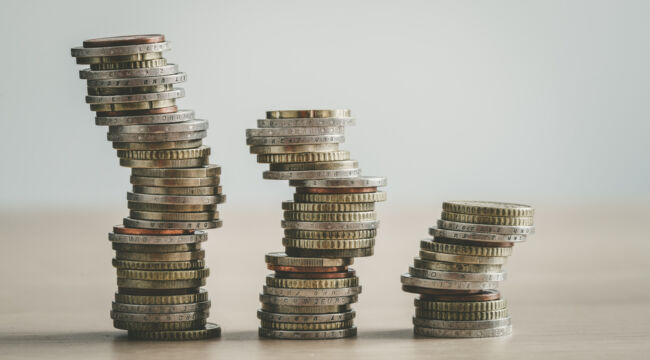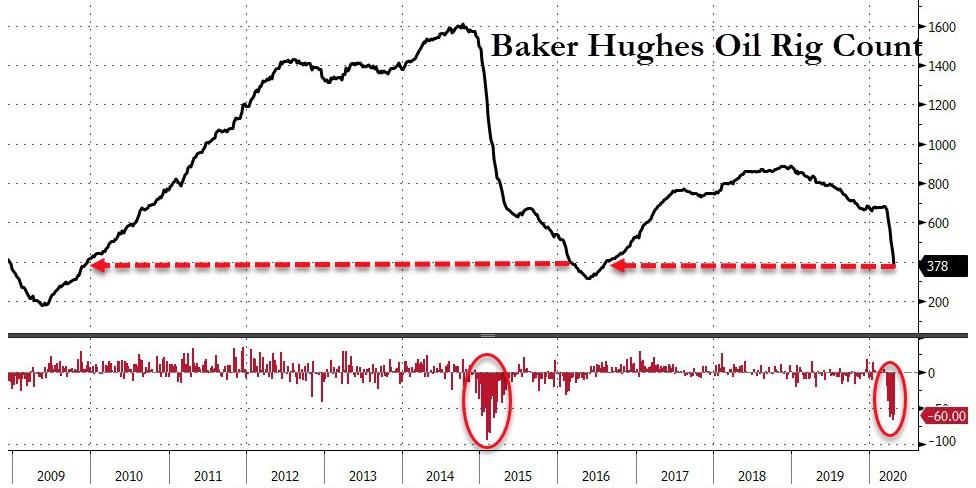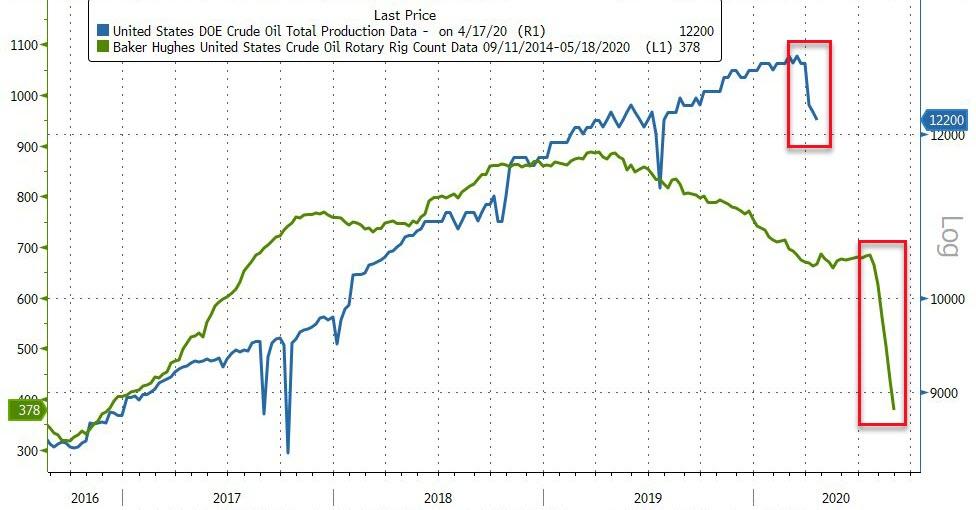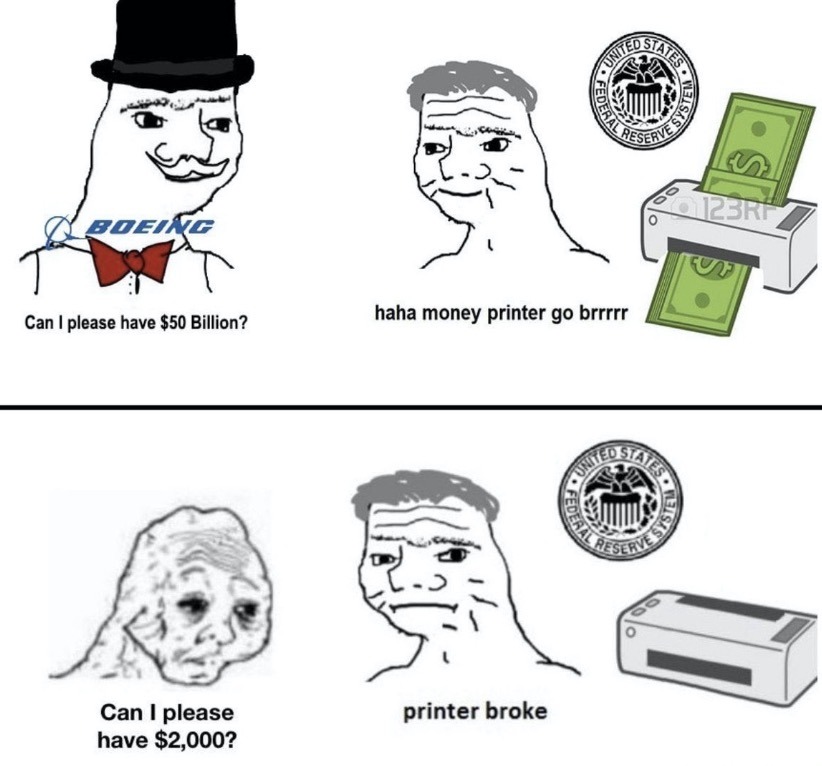With the 2007-8 financial crisis came a splendid alphabetical soup of central bank interventions to stimulate financial markets, lower interest rates, provide astonishing amounts of liquidity to banks and, allegedly, prevent another Great Depression. Likening the failure of big banks to falling elephants crushing even the smallest grass, former Fed Chairman Bernanke argued that consequences from bank failures would have caused much more havoc to the economy than the liquidity provision and bailouts his Fed oversaw.
Now, do banks really deserve special consideration in this sense? Let me illustrate by comparing the fates of two imaginary entrepreneurs:
Our first entrepreneur — let’s call him John — sees an opportunity in the beverage business. Specifically, he’s convinced that he can source high-quality Brazilian coffee beans, roast and serve impeccably aromatic coffee in downtown Manhattan. He draws up the business plan, estimates what he believes coffee-craving New Yorkers would be willing to pay for his coffee and assesses how many customers he could reasonably serve per day.
Setting his plan in action, he borrows some money from friends and family, rents an appropriate space, hires a construction team and interior designers to create the coffee-scented heaven he imagines, finds some competent baristas to staff it and finally opens his doors to hesitantly curious customers. From here, as in all entrepreneurial ventures, there are two paths John’s business may take:
- If customers love his coffee and willingly part with their dollars , enough so that John can cover costs as well as offer some return to his shareholders/creditors, we consider John’s venture successful. The profits describe the added value for consumers, regardless of whether you see John as a Misesian uncertainty-carrying and future-appreciating speculator or a Kirznerian arbitrageur, alert to discrepancies between prices of higher and lower-order goods.
…click on the above link to read the rest of the article…











